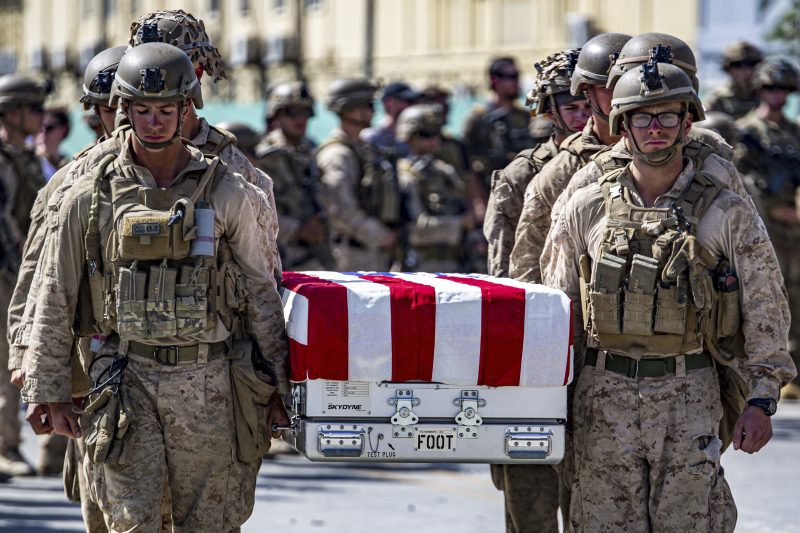In light of recent events surrounding the U.S. withdrawal from Afghanistan, the Republican Party has launched a probe to investigate President Joe Biden’s decision-making process and the subsequent chaotic evacuation process that unfolded on the ground. This move by the GOP has further escalated the already tense political atmosphere in Washington, with both Democrats and Republicans fiercely debating the handling of the Afghanistan withdrawal. The investigation aims to shed light on various aspects of the withdrawal strategy and hold the Biden administration accountable for what many perceive as a hasty and poorly executed operation.
One of the key focuses of the GOP probe is to examine President Biden’s role in the decision-making process that led to the swift withdrawal of American troops from Afghanistan. Republicans have criticized Biden for what they view as a lack of strategic planning and foresight, arguing that the abrupt exit has left the Afghan population vulnerable to the Taliban’s resurgence. The probe seeks to determine whether Biden’s eagerness to fulfill a campaign promise of ending the forever war in Afghanistan played a role in the rushed withdrawal that contributed to the chaotic scenes at Kabul airport.
Furthermore, the investigation also aims to implicate Vice President Kamala Harris in the decision-making process surrounding the Afghanistan exit. Republicans argue that Harris, as the second-in-command, should have been more involved in the planning and execution of the withdrawal strategy. They are questioning her level of engagement and influence in shaping the administration’s approach to the Afghanistan pullout, especially given her background in foreign policy and national security.
The GOP probe has raised concerns among Democrats, who view it as a politically motivated exercise aimed at tarnishing the Biden administration’s image and undermining its credibility. Democrats argue that while a thorough review of the Afghanistan withdrawal is necessary to learn from mistakes and prevent similar occurrences in the future, the GOP investigation risks turning into a partisan spectacle that distracts from the broader issues at hand.
Amidst the finger-pointing and partisan bickering, it is essential to remember the human cost of the Afghanistan withdrawal. The chaotic scenes at Kabul airport, the desperate attempts of Afghan civilians to flee the Taliban’s rule, and the tragic loss of lives underscore the urgency of a comprehensive review of the withdrawal strategy. Both Democrats and Republicans must set aside their political differences and focus on ensuring accountability, learning from past mistakes, and devising a more coherent and effective foreign policy approach moving forward.
In conclusion, the GOP probe of the Afghanistan exit underscores the deep divisions and intense scrutiny surrounding the Biden administration’s handling of the crisis. As the investigation unfolds, it is vital for all parties involved to prioritize transparency, accountability, and a commitment to learning from the missteps that led to the tumultuous withdrawal from Afghanistan. Only through a comprehensive and bipartisan effort to address the underlying issues can the U.S. hope to regain its credibility on the global stage and honor its commitments to the Afghan people.



